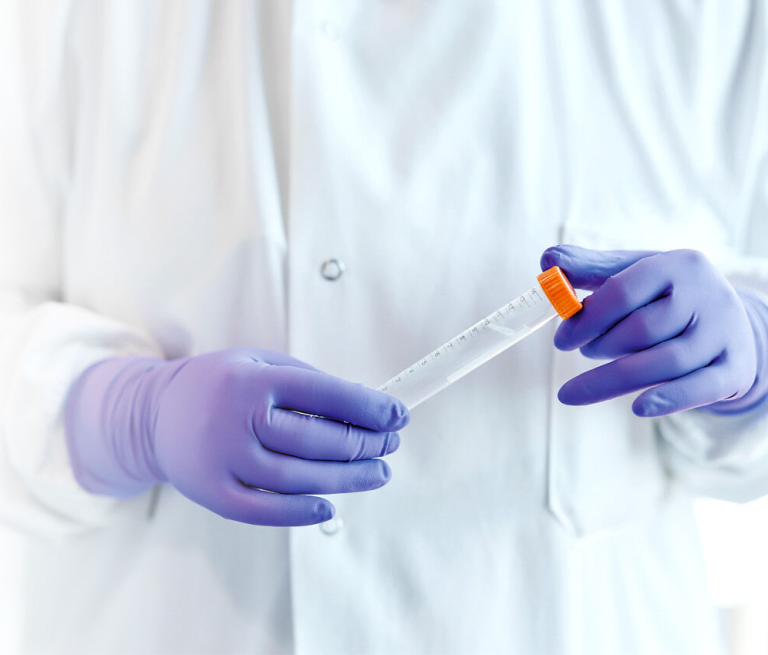Syncona Ltd (LON:SYNC), a leading life science investor focused on creating, building and scaling global leaders in life science, has noted that its portfolio company Beacon Therapeutics announced six-month interim safety and efficacy results from its Phase II DAWN trial of the company’s lead programme, laru-zova (laruparetigene zovaparvovec), in patients with X-linked retinitis pigmentosa (XLRP) at the Association for Research in Vision and Ophthalmology (ARVO) 2025 Annual Meeting. The publishing of this data is a capital access milestone[1] for Beacon.
Key highlights from the presentation include:
· Patients in the trial showed improvements across several key visual function measures, demonstrating laru-zova’s potential to enhance vision in patients with XLRP
o Data demonstrated early improvements in low luminance visual acuity (LLVA), an important measure of visual function, with greater two and three line improvements in the study eyes compared to previously treated fellow eyes in participants evaluated at month six or beyond.
o Data also showed early and sustained improvements in mean sensitivity in study eyes, as observed by microperimetry, indicating enhanced visual function in participants evaluated at month six or beyond.
· Laru-zova was generally well-tolerated by patients in the DAWN trial at six months
o Ocular treatment-emergent adverse events were generally non-serious and mild or moderate in severity, with a majority related to surgical procedures and steroids required by the protocol that have since resolved
o There were no suspected unexpected serious adverse reactions, retinal detachments or endophthalmitis (inflammation inside the eye) reported
Elisa Petris, Partner of Syncona Investment Management Limited and Board Director of Beacon Therapeutics, said: “We are really pleased with the progress at Beacon. It is fantastic to see continued visual improvements in patients evaluated at the six-month time point in this data update. We are optimistic as the company progresses enrolment for its Phase II/III pivotal study and look forward to seeing data in this crucial programme. We see a really differentiated opportunity with this therapy to transform the lives of patients with a devastating retinal blinding condition.”
Beacon’s announcement is copied below and can be accessed at the company’s website at beacontx.com.
Beacon Therapeutics Holdings Limited, a leading clinical-stage biotechnology company with a mission to save and restore the vision of patients with blinding retinal diseases, announced 6-month interim safety and efficacy results from the Phase 2 DAWN trial of the Company’s lead program, laru-zova (laruparetigene zovaparvovec), in patients with X-linked retinitis pigmentosa (XLRP) at the Association for Research in Vision and Ophthalmology (ARVO) 2025 Annual Meeting being held May 4-8, 2025 in Salt Lake City. Laru-zova was generally well-tolerated by all DAWN participants evaluated at 6 months or beyond and initial data showed promising improvements in visual function across several key measures.
“Over the past five years we have built a compelling body of safety and efficacy data on laru-zova across three different clinical studies,” said Lance Baldo, M.D., Chief Executive Officer of Beacon Therapeutics. “We are pleased to be sharing the 6-month data update from the DAWN Phase 2 study that continues to demonstrate laru-zova’s potential to enhance vision in patients with XLRP, including improvements in multiple measures of visual function. We look forward to continuing the advancement of this exciting novel treatment option for patients suffering from XLRP.”
XLRP is an inherited retinal disease often caused by mutations to the RPGR gene, affecting 1 in 25,000 males in the U.S., Europe and Australia. The disease often leads to blindness by middle age, with no available treatment options. Laru-zova is a potential best-in-class gene therapy designed to restore the natural function of both rods and cones in XLRP by delivering a functional copy of the RPGRORF15 gene using a well-established vector with a proprietary capsid designed for high transduction of photoreceptors, and a codon-optimized gene to produce the full-length protein.
Key data highlights include:
· Ocular treatment-emergent adverse events (TEAEs) were generally non-serious and mild or moderate in severity, with a majority related to surgical procedures and steroids required by the protocol that have since resolved. There were no suspected unexpected serious adverse reactions, retinal detachments or endophthalmitis reported.
· Data demonstrated early improvements in low luminance visual acuity (LLVA), an important measure of visual function, with a greater number of two and three line improvements in the study eyes compared to previously treated fellow eyes in participants evaluated at month 6 or beyond.
· Data also showed early and sustained improvements in mean sensitivity in study eyes, as observed by microperimetry, indicating enhanced visual function in participants evaluated at month 6 or beyond.
DAWN is an open-label study of laru-zova in participants with XLRP who have previously been treated with a full-length AAV vector-based gene therapy targeting the RPGR protein. The study aims to assess two dose levels of laru-zova for efficacy, safety and tolerability in the untreated eye of participants who previously received gene therapy for XLRP.
The Company continues to enroll patients for its pivotal Phase 2/3 VISTA trial of laru-zova for patients with XLRP.
Presentation Title: Subretinal gene therapy laru-zova (AGTC-501) for X-linked retinitis pigmentosa (XLRP): Phase 2 DAWN preliminary month 6+ results
Presenting Author: Mark Pennesi, M.D., Ph.D., FARVO, Director, Ophthalmic Genetics at the Retina Foundation in Dallas, Texas; Professor of Ophthalmology and Professor of Molecular and Medical Genetics, and Chief of the Paul H. Casey Ophthalmic Genetics Division at the Casey Eye Institute, Oregon Health and Science University in Portland, Oregon






































